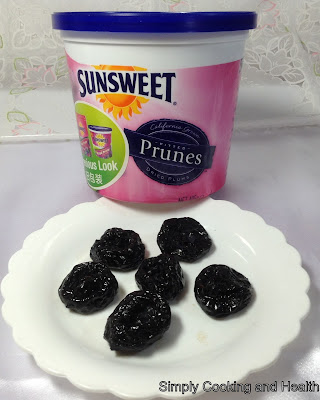What is constipation?
Constipation means three or less than three regular bowel movements per week. This means that a person has a bowel movement every other day. Having bowel movement on alternate days does not result in serious medical concern. It is not good when one does not have bowel movement for four consecutive days and then has bowel movement on the remaining three days of the week. Strain or pain during bowel movement and passing stool that is hard, dry and too little is also considered constipation, even if there is daily bowel movement.
Causes of constipation
Constipation is caused by consuming junk food that is high in fat and sugar, alcohol, caffeine, dairy products and low in fibre. Lack of exercise and not drinking enough water can also results in constipation. Some medications such as diuretics, antacids (with aluminum and calcium), narcotics, antidepressants, supplements, anticonvulsants, and blood pressure treatments may also contribute to constipation. Failing to or delaying evacuation when you get the urge, will also lead to constipation. Supplements like iron will cause constipation unless taken with a stool softener.
Medical conditions such as piles, thyroids, narrowing of colon and cancer may lead to constipation.
Medical check up
Your doctor may do a blood test to check on the hormone level,
x-ray with a special drink or colonoscopy to identify any obstruction in the colon.
Immediate solutions
Laxatives if consumed over a long period may cause dependency. Stool softeners like Dulcolax, Ex-Lax, Senna etc. keep the stool soft so that it will be easier to evacuate.
A glycerine suppository may come in handy if you have not passed motion for a few days at a stretch.
Support your feet with a small stool when sitting on a toilet. This will flex your hips and it will be easier to pass motion. You may also try squatting to help the bowel movement.
What should you eat?
1. Oatmeal or other high fibre cereals.
2. Fruits and vegetables such as strawberries,
3. Broccoli, almonds, popcorn, black beans and yogurt
 |
| Broccoli |
 |
| Green leaves |
Home remedies
1. Take one tablespoon of olive oil early in the morning or at bed time.
2. Take two tablespoon of aloe gel or 1 cup of aloe juice.
3. Epsom salt 2 teaspoon
4. Prunes and prune juice.
 |
| Prunes |
5. Dandelion tea made of 1 to 2 teaspoons of dried leaves three times a day.
6. Take juice from half a lemon in the morning on an empty stomach.
7. Take a teaspoon of fennel seeds in the morning. If you soak it overnight it will be better because you can drink the infusion as well.
8. Soak a teaspoon of flax seeds powder in water for about 3 to 4 hours and then drink the infusion before going to bed.
 |
| Flax seed |
10. Add sesame seeds to your breakfast. This will moisturise dry stools.
Conclusion
Most importantly tale plenty of water and fibre. Water keeps the stools moist and therefore easier to evacuate.
Exercise regularly.
Caffeine and alcohol dehydrate.
Pass motion immediately when you get the urge.
No comments:
Post a Comment